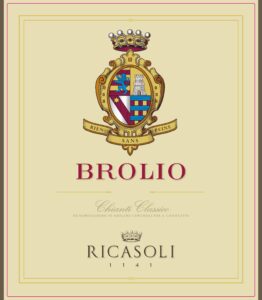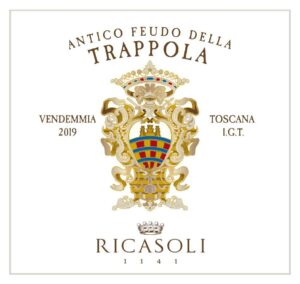
Lighter bottles
29 October, 2021

Packaging is increasingly important not only in terms of image but also for reducing environmental impact, and the challenge of increasing sustainability in wine production involves planning packaging carefully. Our research has shown that the packaging of wine can represent from 25 to 35% of the total emissions of greenhouse gases – those responsible for global warming – for a winery like Ricasoli, and the largest share is attributable to the glass of the bottles. In the wine sector, this heavily affects CO2 emissions both in the production phase and in the transport phase, since carbon dioxide is the most common greenhouse gas. For this reason, a reduction in the weight of the bottles is a sustainable choice that has become necessary. Suffice it to say that the ovens that produce glass emit less CO2 if they produce lighter bottles. Furthermore, a reduction in terms of weight per bottle of 10-20% of the glass generates an important positive impact on the environment not only in terms of saving materials; it also saves energy and reduces the pollution derived from handling.
Ricasoli has made the conscious and respectful approach to the balance of nature one of its strengths, and since 2020 has been certified for sustainability by Equalitas. Since then, the company has confirmed its commitment to measuring and reducing its carbon footprint, that is, the strain it places on the environment in terms of greenhouse gas emissions necessary for the production of its wines. With this in mind, in 2021 it has chosen to reduce the weight of the bottles used for two of its wines: the Chianti Classico Brolio, which has gone from a bottle of 450 to one of 400 grams for a total of 580,000 bottles and the IGT Toscana Antico Feudo della Trappola, with 90,000 total bottles, decreased from 550 to 400 grams each.
This is an important step that is part of the annual monitoring of all the elements involved in packaging required by the Equalitas Certification Standards. The Certification provides for a concrete and constant commitment to the environment, in line with the corporate philosophy of Ricasoli, which has roots going back centuries but its gaze pointed towards the future.







